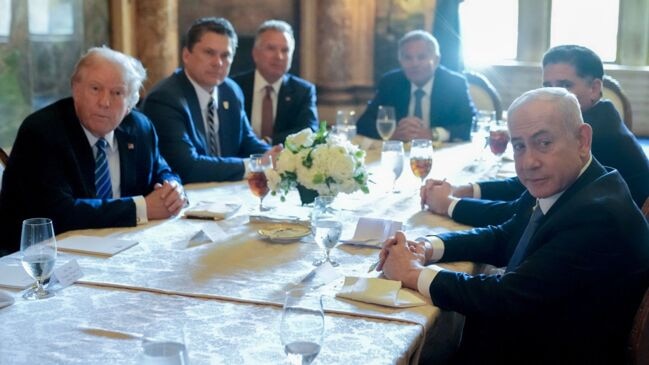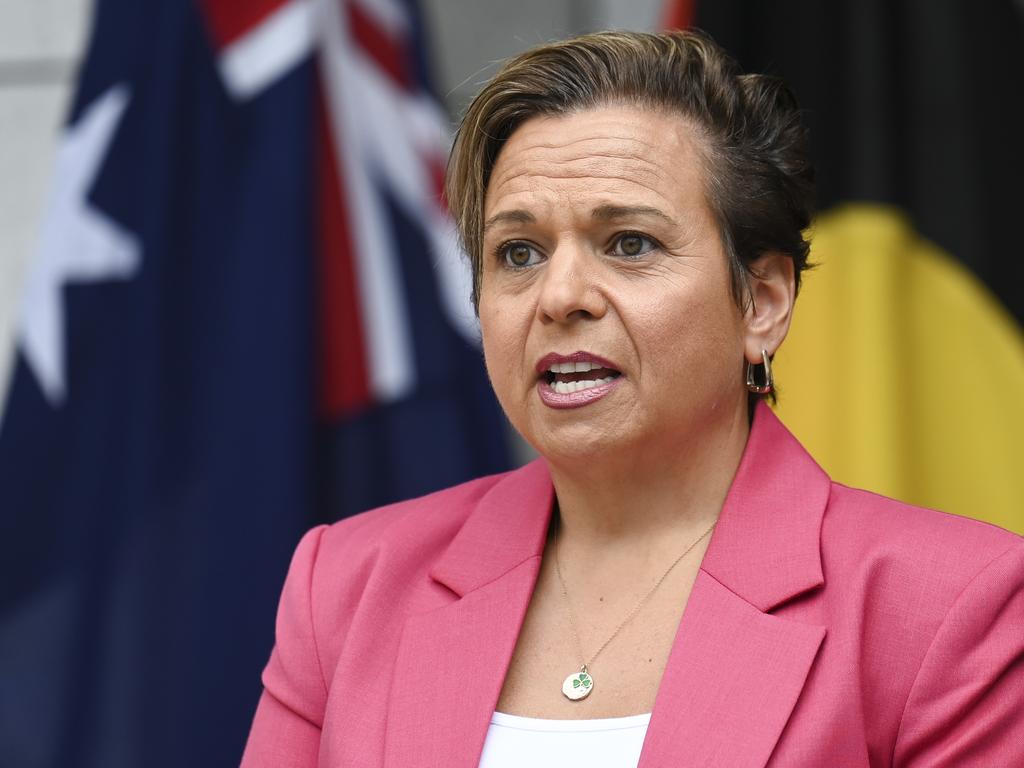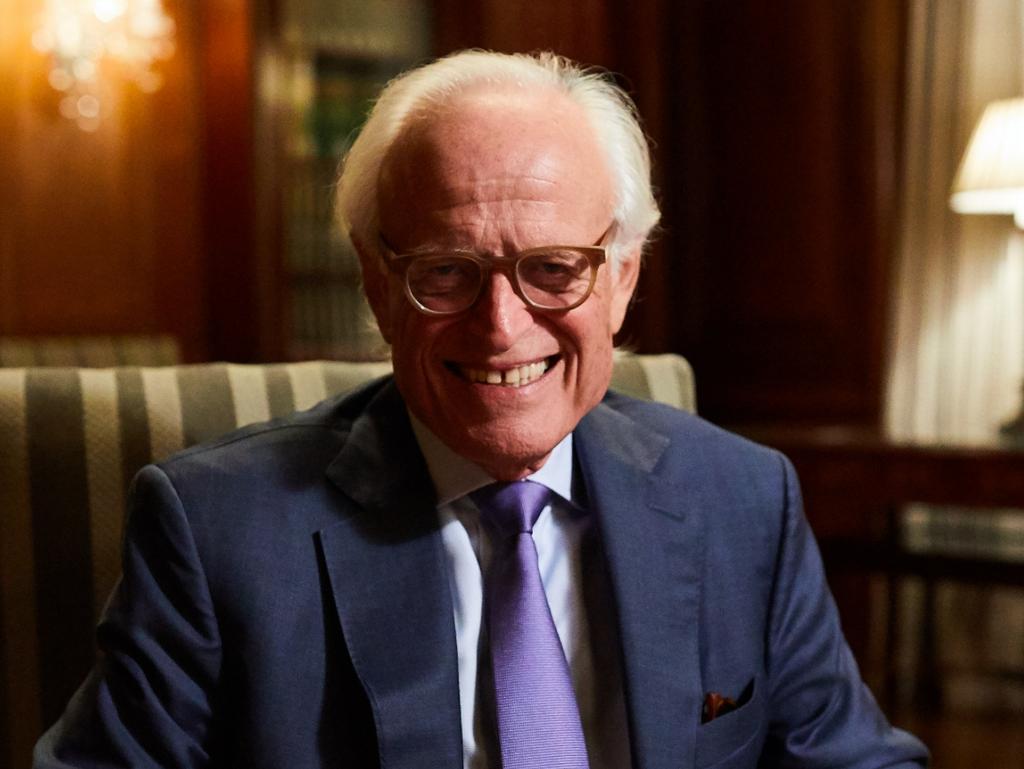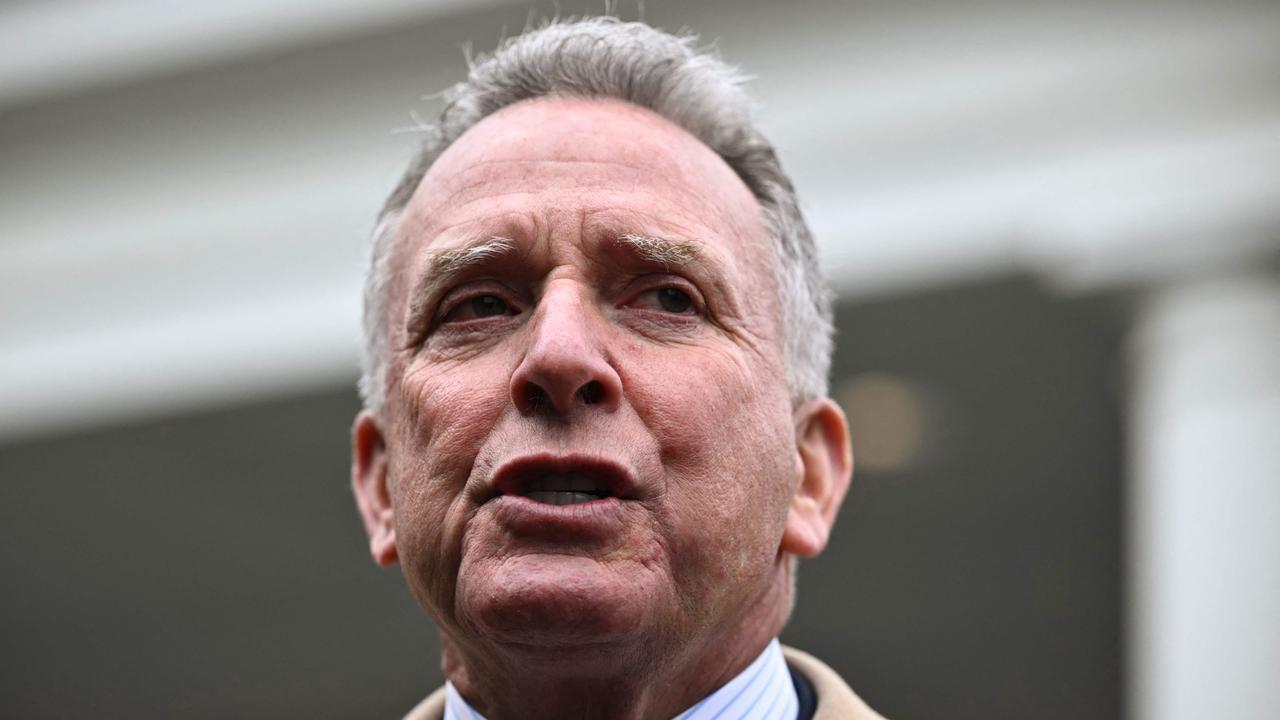On US trip, Netanyahu receives clear message: Wrap it up
Israeli leader – in meetings with Donald Trump, Joe Biden and Kamala Harris – hears calls for a ceasefire over the war in Gaza against Hamas.

Israeli Prime Minister Benjamin Netanyahu entered a volatile US political arena this week, hoping to burnish his image with a fiery speech to Congress and shore up support from both President Biden and Donald Trump for Israel’s war against Hamas.
His defence of Israel’s conduct of the war in a packed House chamber drew standing ovations, alleviating concerns among many back home that the longtime leader could attract the wrong sort of attention amid divisions among Americans over Washington’s support for Israel’s deadly military operations in Gaza.
But Netanyahu also received a clear message from Democratic and Republican leaders: End the fighting.
“Let’s get the deal done so we can get a ceasefire to end the war,” Vice President Kamala Harris, now the Democratic Party’s expected presidential nominee, said Thursday after meeting with Netanyahu.

Trump also urged the Israeli leader to end the war. “I want him to finish up and get it done quickly,” the former president said in an interview with Fox News on Thursday.
On Friday, the two men met for the first time since the former president left the Oval Office. Trump, seated with Netanyahu and others at a table at the Mar-a-Lago estate in Florida, said he is the only one capable of preventing the war in Gaza from spreading throughout the Middle East. “If we win, it’ll be very simple, it’ll all work out and very quickly,” the Republican presidential candidate told reporters.
While the two men were close during Trump’s tenure as president, the American bristled at Netanyahu’s swift embrace of Biden after the 2020 election. With Trump back in contention, Netanyahu took time during his address to Congress to thank him for supporting Israel during his presidency.
While Netanyahu’s trip has demonstrated the strong support Israel continues to enjoy in Washington, it has also highlighted the impatience on both sides of the US political aisle with its war in Gaza.
Netanyahu now faces the dilemma of whether to pursue a deal with Hamas, even though a pause in fighting might collapse his fragile government coalition.
“We’re moving towards a real ceasefire, but he’s going to lose his coalition partners and he knows that means elections,” said Mitchell Barak, a former adviser to the prime minister.
For months, Netanyahu has faced accusations -- which he has vehemently denied -- that he is delaying a ceasefire deal to appease his right-wing coalition partners and prolong his time in office. Far-right members of Netanyahu’s government have threatened to leave if he cuts a deal to stop the fighting.

Hamas, however, has recently shown greater flexibility in negotiations, and Israeli security officials say the time is right to reach an agreement to bring home the hostages held in Gaza.
Ceasefire negotiations have recently become bogged down by new demands from Netanyahu, according to Arab negotiators.
Issues yet to be decided include the number of live hostages to be released, control of the border between Gaza and Egypt, whether Israel will have a veto over which Palestinian prisoners can be released under the deal, and whether Israel will be able to resume fighting after the initial ceasefire.
Israel’s military has said it has largely accomplished its goals in Gaza and wants to turn its attention to the country’s northern border, where it is exchanging daily low-intensity fire with Lebanese militant group Hezbollah. The Lebanese militia began firing on Israel after the Israeli invasion of Gaza and has said it would continue fighting until the war in Gaza ends.
A ceasefire with Hamas would allow Israeli troops to rest and redeploy, and would create an opening for negotiations to resolve the issue on the Lebanese border.
Israelis who want a ceasefire are looking to next week, when Israel’s parliament will go into summer recess until Oct. 27, giving Netanyahu a window to advance a ceasefire deal without fear that his government would be toppled.
Some Israelis are “hoping that when his government is no longer in immediate danger, then he’ll do what needs to be done,” Gadi Wolfsfeld, a political scientist at Israel’s Reichman University, said of Netanyahu.
Netanyahu landed in Washington on Monday in the middle of a political earthquake.

Just hours before he boarded his plane, Biden said he was withdrawing from the presidential race. Harris, who has been more critical of Biden over Israel’s prosecution of the Gaza war, then began sewing up the Democratic nomination.
Netanyahu was primarily in Washington to give a speech to Congress at the invitation of House Speaker Mike Johnson (R., La.) and Sen. Chuck Schumer (D., N.Y.).
“Our enemies are your enemies. Our fight is your fight. And our victory will be your victory,” Netanyahu said in his address.
Israel invaded Gaza after the Hamas-led attacks on Oct. 7 that left 1200 dead and around 250 taken hostage, according to Israel. Israel’s subsequent military operations in Gaza have left more than 39,000 people dead in the enclave, according to Palestinian health authorities, who don’t say how many were combatants.
Some Democrats have urged Biden to use US leverage over Israel to limit casualties and end the war. Netanyahu and Biden have at times clashed over Israel’s pursuit of the war in Gaza, particularly over the heavy civilian death toll. The two leaders had a publicly cordial meeting on Thursday at the White House.
Netanyahu faced more pointed remarks about a ceasefire from Harris. Harris said she supported Israel’s right to defend itself, but said that how that is done matters.
Even with the US message to agree to a deal, the biggest factor for Netanyahu is pressure at home, political analysts said.
“This pressure is more likely to yield results than the words that we have seen in the United States,” said Mohanad Hage Ali, deputy director at the Malcolm H. Kerr Carnegie Middle East Center in Beirut.
– Vivian Salama contributed to this article.
Dow Jones Newswires







To join the conversation, please log in. Don't have an account? Register
Join the conversation, you are commenting as Logout